#dante gabriel rosetti
Text
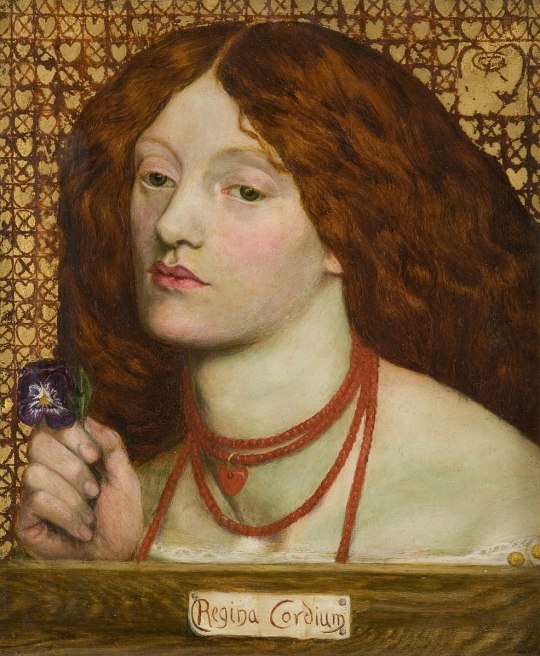
Regina Cordium by Dante Gabriel Rosetti
17 notes
·
View notes
Text
Barka Dantego
Nel mezzo del cammin di nostra vitami ritrovai per una selva oscura,ché la diritta via era smarrita.
(W środku podróży naszego życia, znalazłem się w ciemnym lesie, ponieważ prosta ścieżka została utracona.)
Rafael Santi, Dysputa o Przenajświętszym Sakramencie, Dante w wieńcu laurowym na głowie, w czerwonej szacie, z prawej strony za papieżem
w powiększeniu
w zbliżeniu Raffaello…

View On WordPress
3 notes
·
View notes
Text
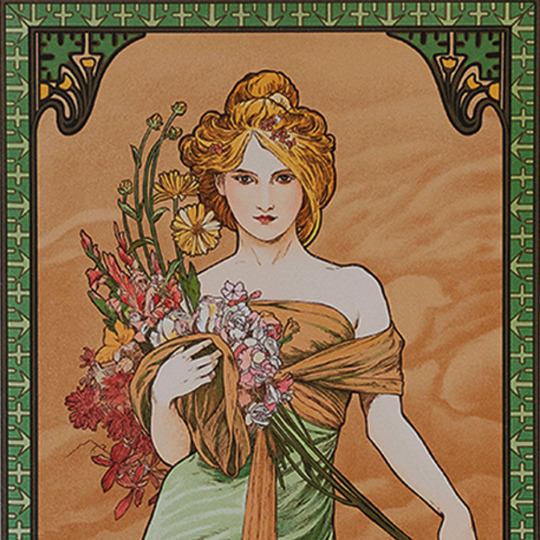


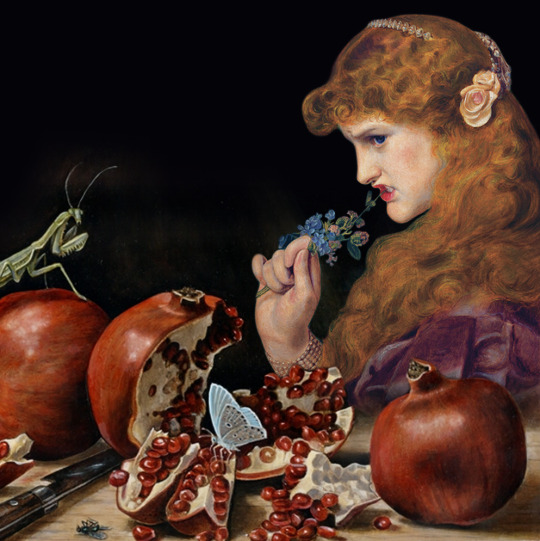
Cora
A girl's name of Greek origin. It has several meanings, including "core," "heart," and "maiden." Cora has ties to Greek mythology and is an alternative name for Persephone, the daughter of Zeus.
requested by @dancing-over-ur-bullshit
#cora like apple core like forbidden fruit and also persephone and the pomegranate. is this anything?#moodboard#collage#web weave#dark academia#art#poetry#greek mythology#renaissance#baroque#renaissance art#painting#oil painting#pre raphaelite#pre raphaelism#persephone#pomegranate#persephone aesthetic#rosetti#dante gabriel rossetti#art nouveau#alphonse mucha
51 notes
·
View notes
Text
If you want to make your day a little more surreal, you could do worse than read up on the Pre-Raphaelites and their obsession with wombats.
Here's a small sample of the madness.

"The wombat is a joy, a triumph, a delight, a madness." - Dante Gabriel Rosetti

"One like a wombat prowled obtuse and furry" - Christina Rosetti
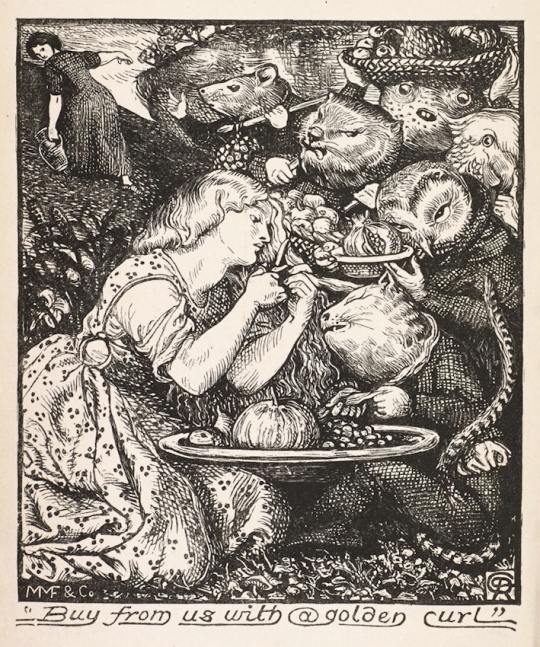
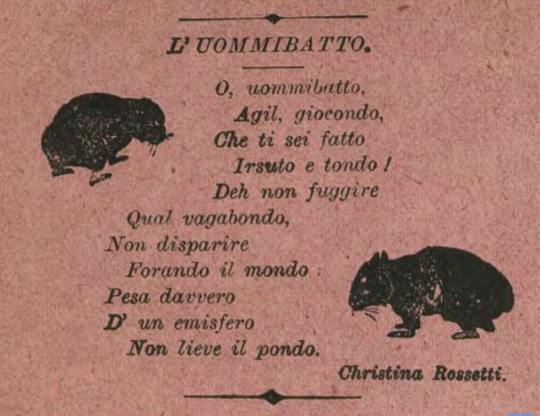
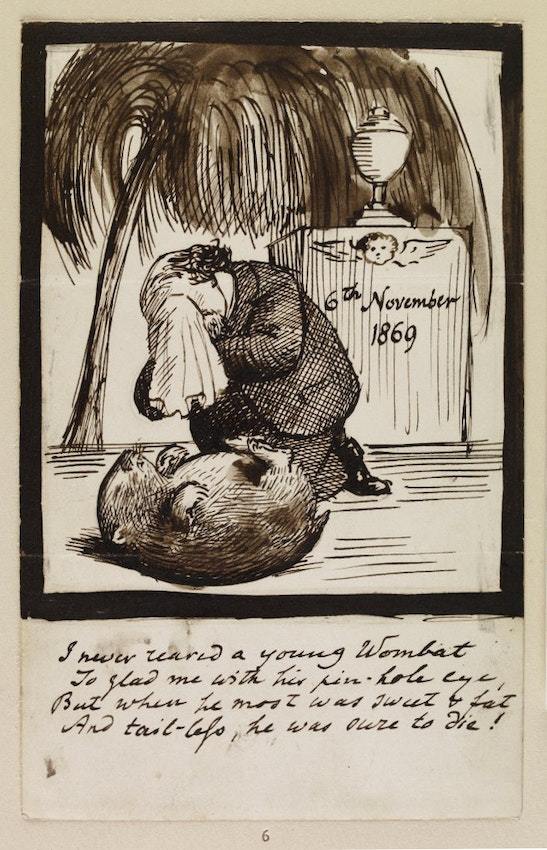
#wombat#pre raphaelite#dante gabriel rossetti#christina rosetti#goblin market#edward burne jones#crazy victorians
137 notes
·
View notes
Photo
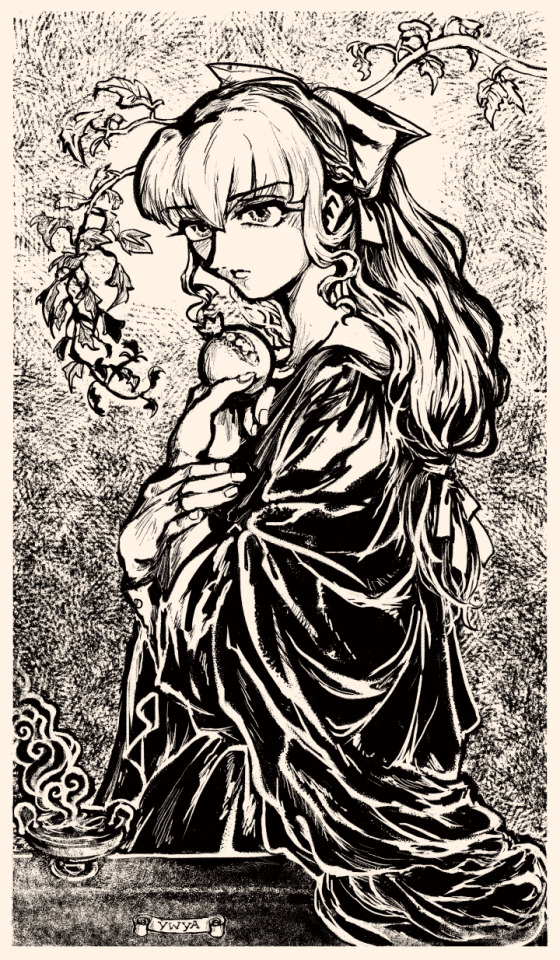
Proserpina
#proserpine#proserpina#dante gabriel rossetti#monochrome#bw#black and white#artists on tumblr#original character#oc#redraw#edit: fixed some details shhh no one will never know#if rosetti did 8 versions of the painting I think I can do one edit#ywyart
31 notes
·
View notes
Text

6 notes
·
View notes
Text
Currently obsessed with Christina Rossetti ❤️
6 notes
·
View notes
Text
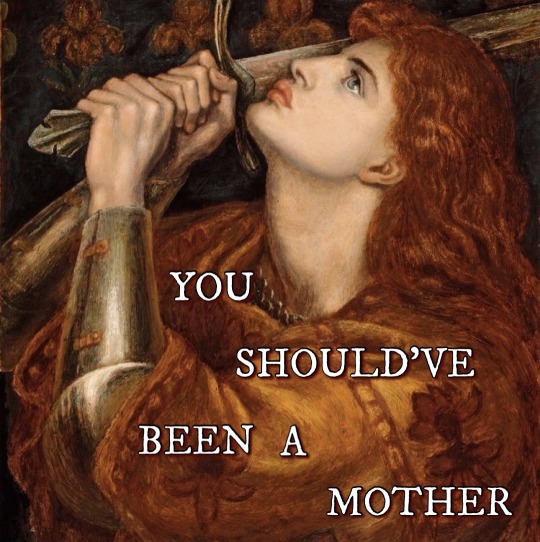
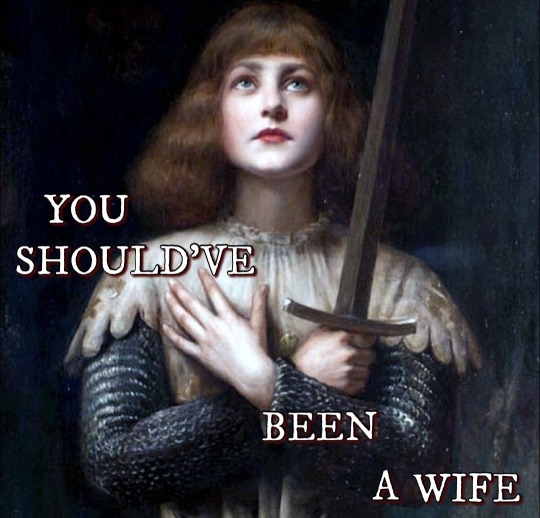
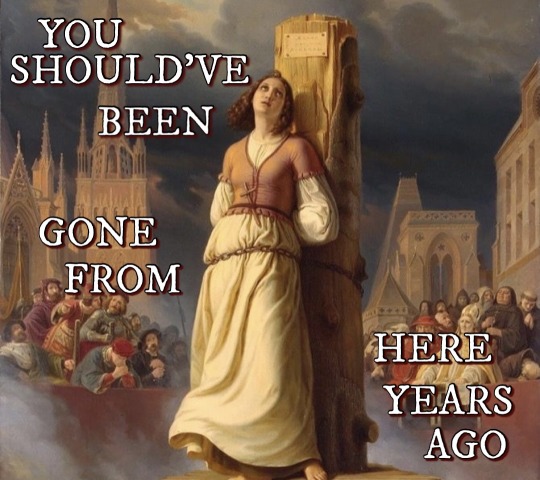

JOAN OF ARC - DANTE GABRIEL ROSETTI, PAUL ANTOINE, GIOVANNA D’ARCO, JEAN JACQUES SCHERRER // TRUE TRANS SOUL REBEL - AGAINST ME!
#I got the brain rot from Gerard#i contracted it#Joan of arc#art#Renaissance#aesthetic#aes#edit#lyrics#against me!#against me! lyrics#laura jane grace#against me#h8#lyric edit
4K notes
·
View notes
Text
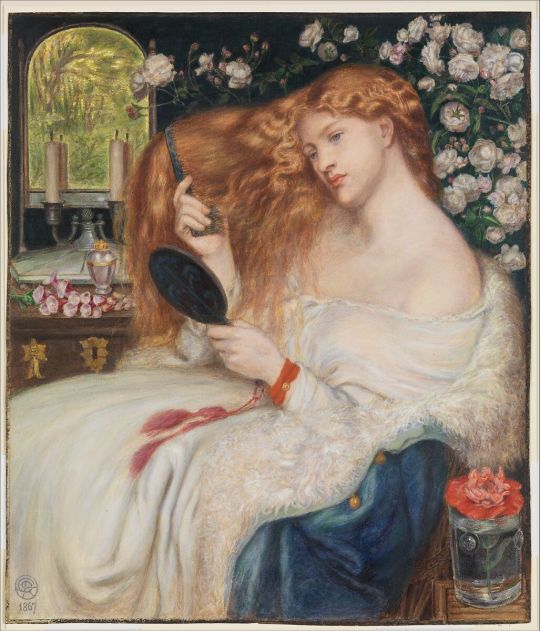
Lady Lilith. (1867). Dante Gabriel Rosetti & Henry Treffry Dunn
13 notes
·
View notes
Text
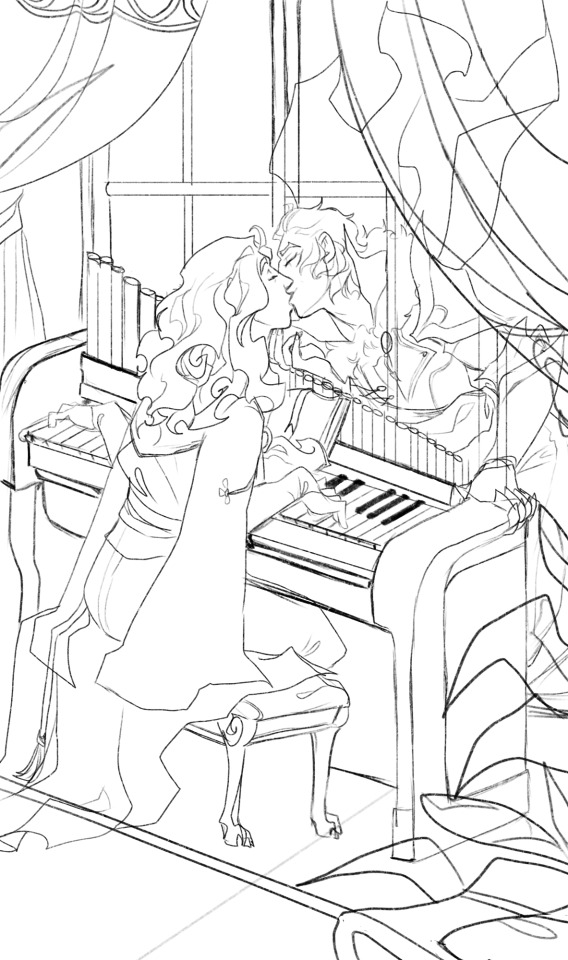
Making unholy noises on that thing.
This one is a study of Dante Gabriel Rosettis painting.
125 notes
·
View notes
Text
The Pre-Raphaelites' Top Best List
In 1905, William Holman Hunt wrote a book Pre-Raphaelitism and the Pre-Raphaelite Brotherhood, where he recounted the formation of a declaration regarding immortality in the arts. Written by Hunt and Dante Gabriel Rossetti in 1848, it reads like a who's who of intellectuals, poets, and philosophers — among others. With a zealous, youthful approach to the relevance of each, they chose a star rating to establish the priority the list members held for the Pre-Raphaelites. Interestingly, Raphael, whose work was the catalyst for the movement's rebellion, is listed and awarded one star. It makes me want to go back in time and have dinner with Hunt and Rosetti and ask them about the inclusion of Raphael and also Columbus, curiously, in their list.
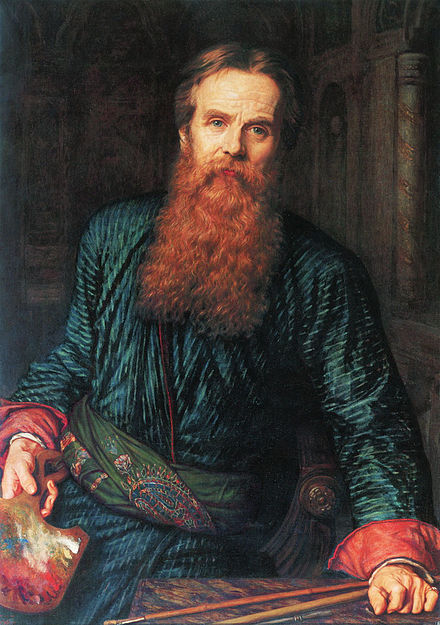
William Holman Hunt • Self-portrait • 1867 • Galleria degli Uffizi, Florence
Once, in a studio conclave, some of us drew up a declaration that there was no immortality for humanity except that which was gained by man’s own genius or heroism. We were still under the influence of Voltaire, Gibbon, Byron, and Shelley, and we could leave no corner or spaces in our minds unsearched or unswept. Our determination to respect no authority that stood in the way of fresh research in art seemed to compel us to try what the result would be in matters metaphysical, denying all that could not be tangibly proved. We agreed that there were different degrees of glory in great men and that these grades should be denoted by one, two, or three stars… Gabriel wrote out the following manifesto of our absence of faith in immortality, save in that perennial influence exercised by great thinkers and workers:
We, the undersigned, declare that the following list of Immortals constitutes the whole of our Creed, and that there exists no other Immortality than what is centred in their names and in the names of their contemporaries, in which this list is reflected:
Jesus Christ****, The Author of Job***, Isaiah, Homer**, Pheidias, Early Gothic Architects, Cavalier Pugliesi, Dante*, Boccaccio*, Rienzi, Ghiberti, Chaucer**, Fra Angelico*, Leonardo da Vinci**, Spenser, Hogarth, Goethe**, Flaxman Hilton, Kosciusko, Byron, Wordsworth, Keats**, Shelley**, Haydon, Cervantes, Joan of Arc, Mrs. Browning*, Patmore*, Raphael*, Michael Angelo [sic], Early English Balladists, Giovanni Bellini, Georgioni, Titian, Tintoretto, Poussin, Alfred**, Shakespeare**, Milton, Cromwell, Hampden, Bacon, Newton, Landor**, Thackeray**, Poe, Hood, Longfellow*, Emerson, Washington**, Leigh Hunt (Author of Stories of Nature*), Wilkie, Columbus, Browning**, Tennyson

Dante Gabriel Rossetti • Self-portrait • 1847 • Pen and ink on paper
#art#painting#fine art#art history#pre raphaelite brotherhood#oil painting#ophelia#john everett millais#pre raphaelite manifesto#19th century british art#art movements#literary painting#shakespeare plays
12 notes
·
View notes
Text
Siedemnastoletnia analfabetka prowadząca lud na barykady
Eugeniusz Delacroix kiedy malował swój słynny obraz Wolność prowadząca lud na barykady miał być może przed oczyma postać młodziutkiej Joanny, która prowadziła lud i wojsko na wojnę z Anglią. Ubrana w męską zbroję, jak to potem pisał również opisał w Grażynie Mickiewicz wykazała się bohaterstwem i dzielnością jak nie jeden mężczyzna. To nie uratowało ją od męczeńskiej śmierci, ale pamiętajmy, że…

View On WordPress
#August Dominique Ingres#Dante Gabriel Rosetti#Eugene Delacroix#Jan Matejko#Joanna d&039;Arc#Papież Benedykt XVI#Pałac w Rogalinie
0 notes
Photo
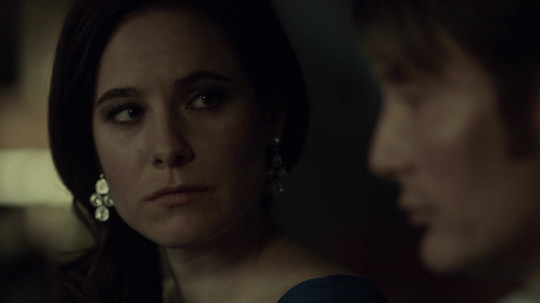
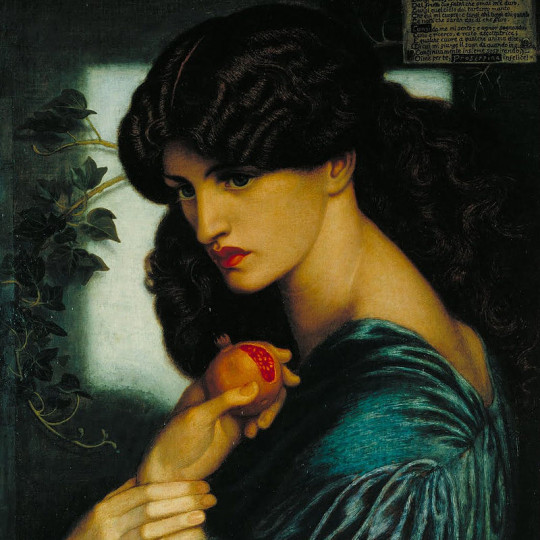


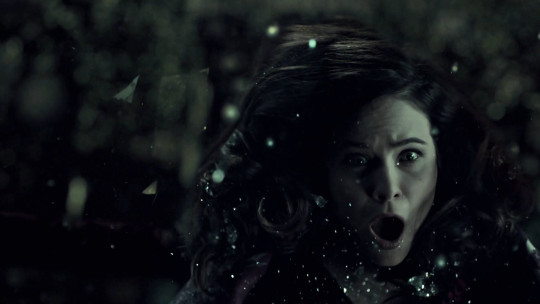

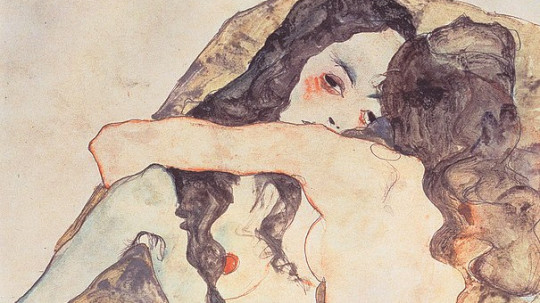
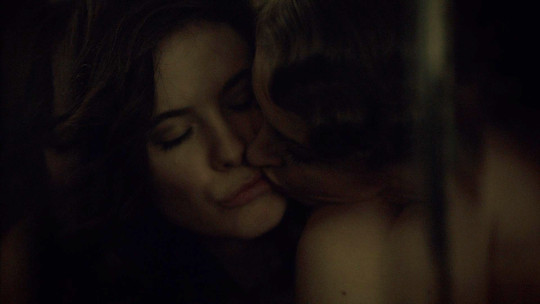


alana bloom + paintings
2x06 “futamono” // dante gabriel rosetti, proserpine (1874)
annibale caracci, pietà (c. 1600) // 1x11 “rôti ”
2x13 “mizumono” // miguel carbonell selva, death of sappho (1881)
egon schiele, two women embracing (1911) // 3x06 “dolce”
1x13 savoureux // jean-léon gérôme, truth coming out of her well (1896)
#i know there are a lot of haters out there. but i LIKE her#nbc hannibal#alana bloom#FADserver#hannibal edit
169 notes
·
View notes
Text
I'm kinda losing steam, so have the first part of this. (Also, I've been working on this for over a month. I need some encouragement T-T)
The Once and Future Queen
Pre-Raphaelite!Konig/female model(?)!reader, 2.9k words
Warnings: (Likely) Historical innaccuracies, pretension, Dante Gabriel Rosetti slander (aka: accurately describing what he did), TF141 are here with bells on.
Reader notes: Light enough to be easily lifted by Soap, has a family, lives somewhere in England, working class, Victorian.
Part I: Walpurgia's Night
König was not a poet.
Neither in his native German, nor this bizarre tongue that felt like speaking three at once.
He was a man of few words, it only made sense to him that those words be simple and straight to the point. This attitude only made his fellows in the Brotherhood look upon him with rather some disdain.
With this he was fine, he wasn’t there to mince pretty words and use them to entice young women to fulfil his whims and stroke his ego.
The whole concept of poetry was a rather strange one to him to begin with. It seemed too prone to misrepresentations to his mind.
After all, one could not scream a painting of a lover’s embrace, or softly whisper a woodcut of a bloody battle. A bold statue of a conquering hero could not be turned dreadful by a tone of voice or a stuttering delivery.
No matter how honest the poet, the reader could turn their words to lie in another voice. Be that spoken aloud or just within their own mind.
It was a folly, he would say if asked. In a particularly thunderous mood he would claim it made men mad. Drove their confidence into levels that tipped straight over the precipice of insanity. That otherwise merely passionate men were made Narcissus with the products of their souls. Or worse, made monsters.
He had stood there, at the side of a young, lost, woman’s grave. The earth there turned fresh despite her being buried there years ago.
Simple folly then seemed like madness, and his work thus changed.
The word of the Bard became ash in his mouth.
Smitten Juliets, sweet Cordelias and even poor Ophelias losing their glitter and shine. Becoming naught but shadows flickering at the limbus of his sight.
Never honest. Never real.
Thusly, he became a Nazarene.
Vicious Judiths, loyal Ruths and penitent Marys Magdalene became his bread and butter.
Until he recalled that these too were written in verse, and so the word of the Lord became as cinders.
An unguided man, he wandered this foreign land as lost and adrift as the island itself.
Perhaps it was a misunderstanding that brought him to this festival, but he was loathe to confess that he had wished to become drunk upon this Ale as he considered matters French, Roman and British for his work.
It was here he saw them, on the day of Pentecost that these English did call Whitsun.
In this place to the North, far from capitals both ancient and modern.
This dying breed, these men of Morris. Dancing with their bells and handkerchiefs and swords never meant for battle.
It captivated König.
Here was legend, myth and mimesis.
Representation of ancient truths without the lies of verse, except only —perhaps— to gild the lily.
He took his sketches of the five.
The leader with his distinctive hat and fashionable beard.
The man dressed in rich colours and shine, like a jewelled beetle.
The one with the swarthy skin and bearing of a grand thespian.
The fellow with the piercing eyes and head shaved like warriors from the far side of the ocean.
The largest of them, covered in darkness with a skull blacked upon his face.
The One Four One, the side was called.
The crowd laughed and clapped and cheered along to each of the dances, enraptured by this tradition that was petering out to its end.
How it was worth the scorn that König had heard his cosmopolitan brothers heap upon it, he did not know. To him, these men were like warriors without a battle to fight.
König was a draughtsman and a painter, so he drew and he painted.
Captured the likeness of these men and their dance. Portraits of them in their mismatched gear titled with their odd nicknames, no sillier than his own.
It kept him busy, back in his studio engulfed in smog and soot. Now become home as well, for Morris men were far from fashionable amongst his former patrons.
The Earth had nearly completed her circuit ‘round the blazing Sun when he received a letter from the man that the side called captain.
They were planning to travel to a new village for the next Whitsun, and König was welcome to meet them there. Price would arrive first, then Soap and Ghost, and trailing along would be Gaz and Roach
He was rather confused that the invitation requested he join them in late April, as Whitsun would not be for weeks to come.
He said as much when he accepted their kind invitation, expressing that he would be honoured to join them.
A simple note was the only response he received as he packed up his meagre home .
‘The crowning of the May Queen must be honoured.’
Another of these strange island customs.
He pictured an austere woman in the fullness of life, tall for her sex and as imposing as Demeter while she ruled the growing season.
König sketched such things as he travelled by train and then coach and then buggy to a new village.
Was this queen special? he wondered. The ur-queen of life and growth, perhaps. So important that the near last of the Morris must attend her coronation.
He near vibrated with intrigue at the thought.
Here would be true magic and mystery, unsullied by the madness of verse.
Price met him at the village’s inn, on the day of his arrival, buying him a drink and then a plate of food after passing his gaze up and down the near starving artist.
He muttered something under his breath about brotherhood, it dripped with such disdain that König did fear it might land in his ale.
After, Price perked up.
“You’ll enjoy this,” he promised.
Any wondering König might have done about how they would fill the time until May Day was quashed by the villagers. After all, surely a large man like him was there to help.
He had no heart to say no, and was press ganged into helping them.
On the third day, his job was to help erect a pole festooned with ribbons.
This was where Soap and Ghost found him. One large man became two, their third securing the pole so well that naught but the mightiest gale could bring it down.
After each day of hard work the villagers fed and watered them well. Women presenting them with stews and puddings, men with bread and ale, the children with wild berries and juices.
The three men of the side ate well, reminding König to as well when he became too absorbed in his sketching of the day’s events.
On one occasion, Ghost and Price caught him by the arms, Soap taking his papers and charcoal, refusing to return them until he cleared his plate.
He almost snarled, but the gnawing pain that had settled into his gut asserted itself and cut him off.
Soap laughed and he and his comrades watched, quietly pleased as König ate.
He was not a Morris man, but he felt like one in the waning days of the month. Working, feasting and resting together.
He wondered if this would last, if he was merely an understudy for their absent members. Standing in their spot, keeping their mark ready until they could arrive.
This uncertainty lasted until the twilight of Walpurgia’s night, the last sunset before the queen was crowned, when the quintuplet once again became whole.
Pulled along like the sea, König followed the moon of the three to the place where buggies made their stop.
He sat on the bench and kept watch for them as they passed the time with practice. It was difficult for him to maintain his vigil, fascinated by how they danced as though nothing were missing at all. The glint of their blades and shadows of Roach and Gaz danced as much as they did in the golden hour.
Only the distant sound of horses kept him from putting the image to paper.
Hoofbeats blended with the stomp of the rappers into one melodious tune.
König watched as two figures leapt from the buggy, running at full pelt down the road. The sound of their steps and laughter joined the steady rhythm until they slipped into the dance, replacing shadows like they were always there.
It was as the buggy drew to a halt that he realised that there was no absence for him to fill.
A woman’s laugh rose from the buggy, drawing five wide smiles and a curious look.
Gilded by the setting sun, she stood above them all —even Ghost and König — glorious like a queen.
This must be her, the monarch of May. Surely she was who the One Four One came to honour, bringing with them a foreign pretence of a king to make record of the ceremony.
She was not Demeter, far too soft and kind as Soap lifted her by the waist from the buggy, dancing them into a spin before setting her to the ground.
Immediately she was surrounded and towered over, the side as her court and her court at her side.
“And so the summer queen arrives,” Price greeted, laughter in his voice as he doffed his hat into a deep bow.
It was a wry grin she shot back, curtseying low.
“Of course Captain, this is not an occasion that one could afford to miss.”
She turned her eyes to König, lit ablaze as the stars crept out to shine.
“And who might this be?” she asked, looking him up and down as one might a castle.
“A sixth for a five man band? Why, was including Ghost not challenge enough?”
The man himself huffed.
“Her majesty jests,” Soap declared with a conspiratorial grin. “T’was no issue with Ghost at all. Excepting, of course, his demeanour.”
That earned the Scot a cuff around the head that hurt not at all, if his wide smile bore fair witness.
Price beckoned König over.
“To honour the occasion, we invited a titled man to oversee proceedings. A majesty in his own right.”
A hand fell on his shoulder.
“A delight, my queen, to present to you a king; König.”
Those eyes flew wide, and pretty lips parted in a gasp, before she curtseyed low again..
“Nothing but a pleasure, I’m sure,” she smiled, so beautiful that it made his hands twitch. “To meet you is like a gift from above.”
She wore admiration on her face like another lady might wear powder and rouge.
“You know my work,” he realised.
“Yes. I had the pleasure of seeing it as I attended my lady during a trip to the city.”
The smile she wore was enchanting, almost enough that he didn’t parse what she said. Almost.
“Your lady?”
“Away from here I’m a mere lady’s maid.”
“A poet,” Gaz corrected, “one who pays for room and board by masquerading as a maid.”
She gave him a look that seemed to sigh ‘not you too’.
König’s heart fell to his feet.
“Not much of one,” she murmured, looking up at him, embarrassed.
“Tosh.”
Ghost’s simple comment brought a smile back to the queen’s face. She tugged his shirt to draw him down for a kiss on the cheek.
König watched them. He wondered how much of the platonic nature of her affection was pure falsehood. How deep could the lies of verse go?
Price’s hand fell again onto his shoulder, the look in the man’s eyes somehow both concerned and warning in the same expression.
“We’ll get your bags to your Mam’s and then circle back to the pub, hmm?” he said to her, hand tightening on the painter’s shoulder.
König found himself almost frogmarched into helping as the others, including their queen, unloaded the buggy of bags and cases.
“Later,” was the captain’s quiet warning.
The Morris men and their queen conversed with bright smiles and open laughter.
Even the taciturn spectre was light. He shared a story with the newcomers of how one girl (soft and kind with a sweet, dark, face) commandeered he and König to help her pick some upstart elderflowers. She’d sat on Ghost’s shoulders to reach blooms to pluck alongside König. A little princess who crowned them both in flowers and thanks.
Gaz puffed up in pride when König called her a braves Mädchen.
“Just wait until tomorrow. You’ll see her be really brave.”
To a man, the One Four One nodded in agreement.
“I just hope I can do her justice,” the queen sighed.
Roach patted her on the back with a reassuring grin. The silent conversation between them enough to draw her shoulders back.
“You’re right. Just… one more pass?”
He laughed, it running through the group like a plague. Affecting even König through his veil of misery.
He didn’t speak much, even as they made their efforts to include him in the conversation as though nothing were amiss. To them, he supposed, there was not.
He was no fool. He was aware that to educated and uneducated men alike, his aversion to poetry was bizarre.
The expression colouring Price’s countenance told him as much when the queen went into her family home to put away her bag and be smothered in love.
König told him that he could not stand that which would disturb the grave of a young woman as she slept eternal.
He had expected confusion, perhaps more scorn, but instead he was given sympathy.
Soap put his hand on König’s arm.
A frisson of disgust ran through the side.
“We heard about that,” Price rumbled, “foul business.”
“Were you friends?” A question asked by all, but spoken by Gaz.
He threw his thoughts back to her gentle face and broken soul. They spoke as infrequently as they met. Even as she sat for him, but those silences were amicable. Amicable.
“Ja.”
Delusion as it may be, she and he were kindred spirits. This he knew in his heart.
“I get how you feel,” Soap commiserated, “that guy’s a cunt.”
It began slowly and then came out of his like a torrent. Chuckle into raucous laughter.
How direct. How clear. How unpoetic.
It was like a veil had been lifted.
The defiler wasn’t a tortured poet, a grieving husband, Alighieri descending into hell.
“He is a cunt,” König stated. “Ja. Only a cunt would do that.”
The hand on his arm turned into an encouraging clap.
“There you go. He’s a cunt. You gonna let a cunt like that ruin something for you?”
That was wha he’d been allowing, wasn’t it?”
“No. Not anymore.”
“Good man.”
They were swiftly joined by the queen and her family, familiar from about the village.
The queen mother made shooing motions at them.
“Get a shift on lads,. They won’t light the bonfire without the guest of honour!”
The side gave their greetings and the group headed onward.
The queen’s family was a curious bunch, asking questions about what everyone had been up to on their travels and an inordinate amount about König.
“So… I hear you’re a painter,” her father had begun.
“Ja. We’ve already had this conversation.”
“... Right. I just didn’t know you were that painter…”
The man awkwardly moved into interrogating Gaz with his wife.
Odd fellow, but not unlikable.
It was not an unpleasant walk, König found himself rather enjoying it. Somehow folded into another band without meaning to.
He stole glances at the queen as they went, the dark shadow washed away. His heart was for from repaired, but now he no longer needed to second guess her quite so much.
She fidgeted while he looked at her. Dutifully, he averted his gaze as he noticed each time.
No wonder she was the guest of honour; even in dusty travelling clothes she was wonderful.
He wondered if she would be willing to sit for him.
Soon enough they reached the inn.
The bonfire was small and rather hastily made. He didn’t doubt that they built much more impressive ones to burn traitors in effigy.
Gaz and Roach were hurried off to place their bags in the side’s room as the innkeeper strode up to the party.
“Ah, good. You’re here!”
König could have sworn his heart stopped when the man put a hand on his back.
“Light the bonfire so we can ward off the witches, then.”
He looked at the innkeeper, nonplussed.
The hand patted.
“Happy wall purge is knack, König,” the man grinned up at him. He looked so proud.
König nodded, a small smile playing on his own lips.
“Frohe Walpurgisnacht.”
He was handed a flaming torch and the gathered village folk cheered as the pile caught flame.
“From now on, we’ll know our May Queens will be safe from witches!” the innkeeper called to further cheers.
It was a strange feeling being the centre of attention like this, but it didn’t feel so unnatural as it should. Explaining the traditions of Walpurgisnacht to the queen and other curious souls wasn’t as harrowing as he’d have expected if told he’d be required to do so when he had arrived.
He expressed as much to Price as the bonfire died down and the side bade the queen and her family good night.
The captain shrugged and slapped him on the back.
“Sleep, it’s a big day tomorrow.”
19 notes
·
View notes
Text
MILVERTON - WHAT'S REALLY IN THE CONAN DOYLE CANON
For my first post, I got a lot of rebloggings which was really encouraging that people really don't want to tear me apart for liking YuuMori Milverton, but they were also an interesting read related to what people thinks on what's in the original Conan Doyle story. So I've decided to make a post about how actually The Adventure of Charles Augustus Milverton happened - what different adaptations added or took away, and clear some misconceptions. Originally, I wanted to include the Moriarty the Patriot version of Milverton here, too - but I realized this post will be long enough on his own, so I made a different post just for the YuuMori one - its relations to the canon and further inspirations.
Little interesting fact as starter: Conan Doyle based Milverton's character on a 19th centurian art dealer called Charles Augustus Howell. Howell was friends with a poet/artist Dante Gabriel Rosetti - Howell was also his agent - and he and his artist lover, Rosa Corder faked Rosetti paintings together and sold it for money. There is also a theory that Howell was a blackmailer, but this never got proved. Howell might've died a mysterious death: he was found killed in his home with a coin in his mouth - but some historians doubt this story and state that he died in an illness.
Now, let's get to the Conan Doyle canon. A woman called Lady Eva Brackwell turns to Sherlock Holmes because Milverton got his hands on some love letters she wrote to her crush - but she is about to marry an earl who wouldn't react well to see these letters. Milverton asked 7000 pounds from her to keep silent - since she doesn't have that much money, she asked Holmes to help her negotiate a lower price with Milverton. Holmes invited Milverton to his office, but the negotiations failed - so Holmes and Watson tried to attack Milverton to take the letters away by force, but he pulled out a gun and told them that the letters are not with him - he is not stupid after all. After this defeat, Holmes chose a more extreme way to fight: he seduced one of Milverton's maid and engaged with her to get more information on Milverton's house. Then he and Watson broke into the house - but Milverton was still awake because he waited for a client, who turned out to be a vengeful woman whose life got ruined by Milverton. She killed him and got away. Holmes and Watson then burned Milverton's blackmail materials and escaped, but they almost got caught. Lestrade the next day turned to Holmes to help him solve the Milverton murder, but Holmes declined. At the end of the story, Holmes secretly showed Watson that the vengeful woman last night was a woman in a really, really high position.
That is my favourite Sherlock Holmes story ever since I'm a child and I found Milverton a really interesting villain: an irredeemable, despicable being who, with a seemingly nice smile on his face tells people in a kind voice, how much money he wants for not ruining their lives - he always maintains a gentlemanly behavior, because he doesn't need to act threatening - as a blackmailer, his whole existence is a threat. And he is the one villain who doesn't just make Holmes go illegal, but also makes him use an innocent woman to get close to him.
The story got adapted several times, most notably by Granada, Soviet Holmes and BBC. These adaptations changed several things compared to the original canon: the Granada added lot of blackmail stories NOT IN THE CANON: neither ball scenes was in the original, nor the outing the gay soldier to his fiance or Lady Eva's maid betraying her, or Holmes and Watson's pub investigation or Holmes visiting Milverton in his house... etc, etc, etc. Beside that the actor who played Milverton was superb, I never liked this adaptation - I love Granada wholeheartedly, but the later seasons felt really messy - they added too many things not in the books and the Milverton episode was also way too hard on the romance aspect (and the balls).
On the contrary, I love the BBC Sherlock version of the story (except the end) - Sherlock was really a hit or miss with me, but I think they modernized the Milverton case well (and Lars Mikkelsen was great). Milverton there was a media mogul called Magnussen - a foreigner, not English - who liked controlling people through blackmail and had an incredible memory similar to Sherlock. He also had a tendency of disrespecting boundaries (the piss in the living room). The misconception of Mary Morstan getting blackmailed by Milverton comes from here - in the canon, this NEVER happened, they never even interacted. Here, Mary was the vengeful woman wo distracted Sherlock and John's break-in to Milverton's and Sherlock ended up taking up the case from Mary, but unable to outsmart Milverton, he killed him in the end - which also didn't happen: Sherlock Holmes only ever killed in self-defense, he never murdered anyone.
The most faithful adaptation of the three is the Soviet Holmes episode, but even that added some further elements to the original stories: Holmes and Watson got hired by Mycroft to help on Lady Eva, they were absolute loosers when they broke in and Milverton there was an agent of Moriarty.
(However, there is one more adaptation what said to be even more faithful: the 1965 BBC one with Douglas Wilmer, but sadly I never got to see that series, only the Cushing parts.)
In conclusion, all of these adaptations differ from the Conan Doyle canon (why can't just people adapt the original story on screen faithfully once). But I like to think about Sherlock Holmes adaptations as a whole multiverse: alternate Sherlocks, Watsons or Milvertons - and everyone can choose their favourite.
And now, let's get to the next post: the Moriarty the Patriot version!
#moriarty the patriot#yuukoku no moriarty#charles augustus milverton#sherlock holmes canon#granada holmes#bbc sherlock#soviet sherlock holmes
19 notes
·
View notes
Text
salt & honey masterpost
JANUARY – 1888
salt & honey is a crossover fic that puts characters from the Master and Commander media into the Sunless Sea/Fallen London universe. The Surprise is a steamship, the sea is the zee, Stephen is imprisoned at the Isle of Cats instead of Mahon...well. Please heed the warnings on this one, it's angst-heavy!
LINK and the fic is COMPLETE!
bonus content below the cut(currently the map, twenty title poems, mentioned music, more to be added including full poem list and calendar)

(edited sunless sea map)
A note on the poetry: some of these are very topically relevant to the fic to the point that I was yelling to my alpha readers about how perfect they were! Some are very not topically relevant but still good poems. I highly recommend them all! I took great pains to make sure that each poem was written before the time of the fic so the characters could, theoretically, have read them. Also I'm going by Ao3 chapter numbers, not how they would be numbered without the introduction and interlude.
Ch 2 title: Edward Lear's "The Jumblies
Ch 3 title: Emily Dickinson's "A little bread - A crust - A crumb"
Ch 4 title: Dante Gabriel Rossetti's "Jenny"
Ch 5 title: Alfred, Lord Tennyson's "In Memoriam A. H. H. Canto 11"
Ch 6 title: Samuel Taylor Coleridge's "The Pains of Sleep"
Ch 7 title: William Blake's "The Garden of Love"
Ch 8 title: Adam Lindsay Gordon's "The Swimmer"
Ch 9 title: William Butler Yeats' "Byzantium"
Ch 10 title: Robert Browning's "Prospice"
Ch 11 title: Dante Gabriel Rossetti's "Insomnia"
Ch 12 title: Alfred, Lord Tennyson's "In Memoriam A. H. H. Canto 24"
Ch 13 title: Gerard Manley Hopkins' "I wake and feel the fell of dark, not day"
Ch 14 title: Christina Rosetti's "Promises like Pie-crust"
Ch 15 title: George Barlow's "The Immortal and The Mortal"
Ch 16 title: John Keats' "Ode on Indolence"
Ch 17 title: Dante Gabriel Rossetti's "Jenny"
Ch 18 title: Alfred, Lord Tennyson's "In Memoriam A. H. H. Canto 3"
Ch 19 title: William Blake's "Holy Thursday"
Ch 20 title: Alfred, Lord Tennyson's "In Memoriam A. H. H. Canto 4" (for some reason this one is hard to find just as a poem so have a shmoop link)
Ch 21 title: John Clare's "A Vision"
Music I mentioned: Surprisingly I didn't mention a lot, which is strange because I am a classical musician(hobbyist). The issue I have with mentioning music, though, is I have NO idea what was popular at the time and finding out is harder than finding out when a poem was published. Oh well, maybe I should be more chill about historical accuracy in the alternate history fiction universe.
Ch 26: Dvorak's Humoresque (i stand by Jack's pun. it's fiddly)
Ch 29: Paganini's duet
22 notes
·
View notes